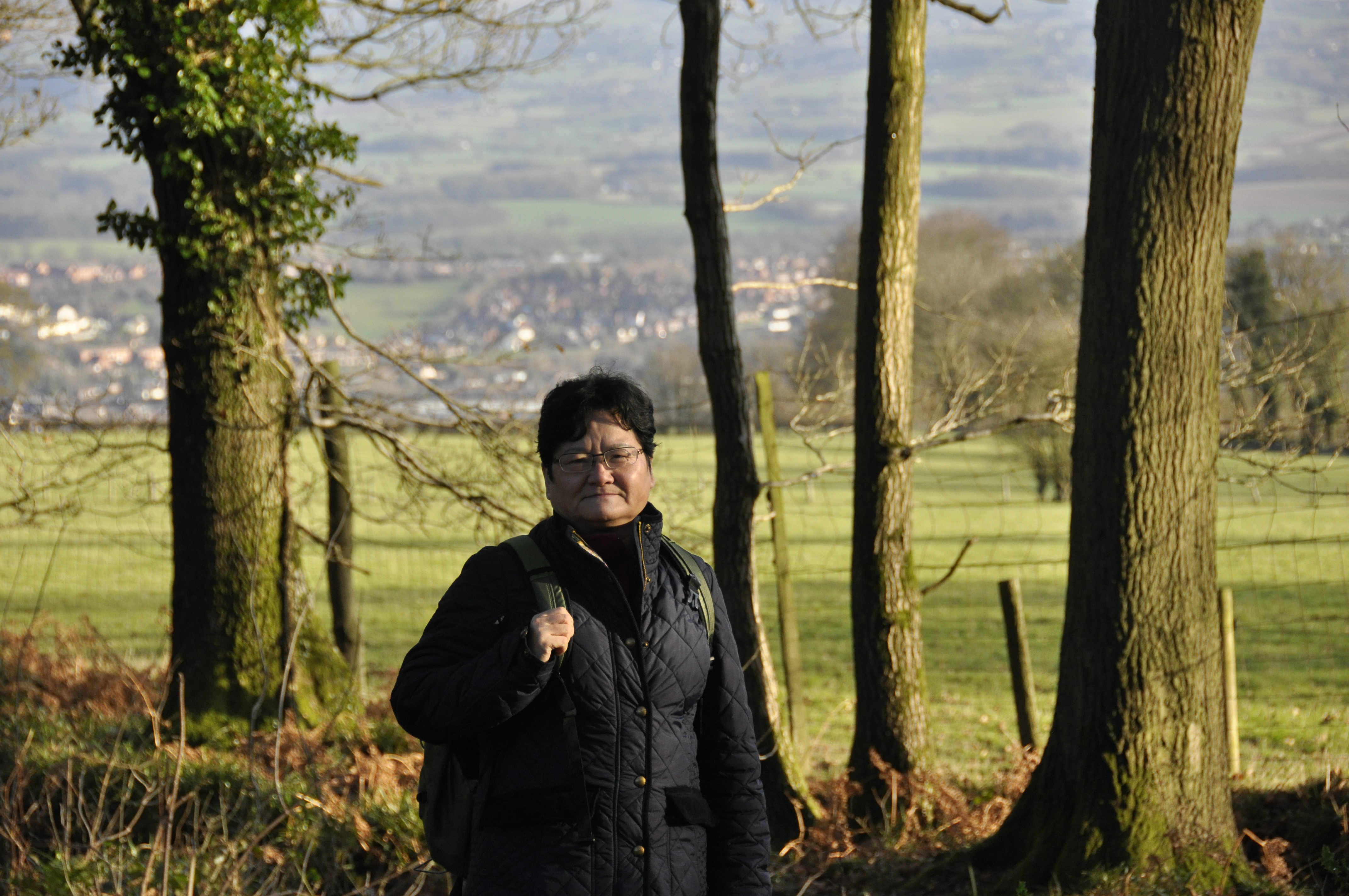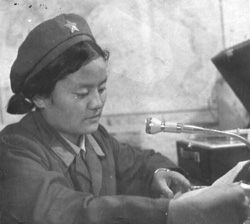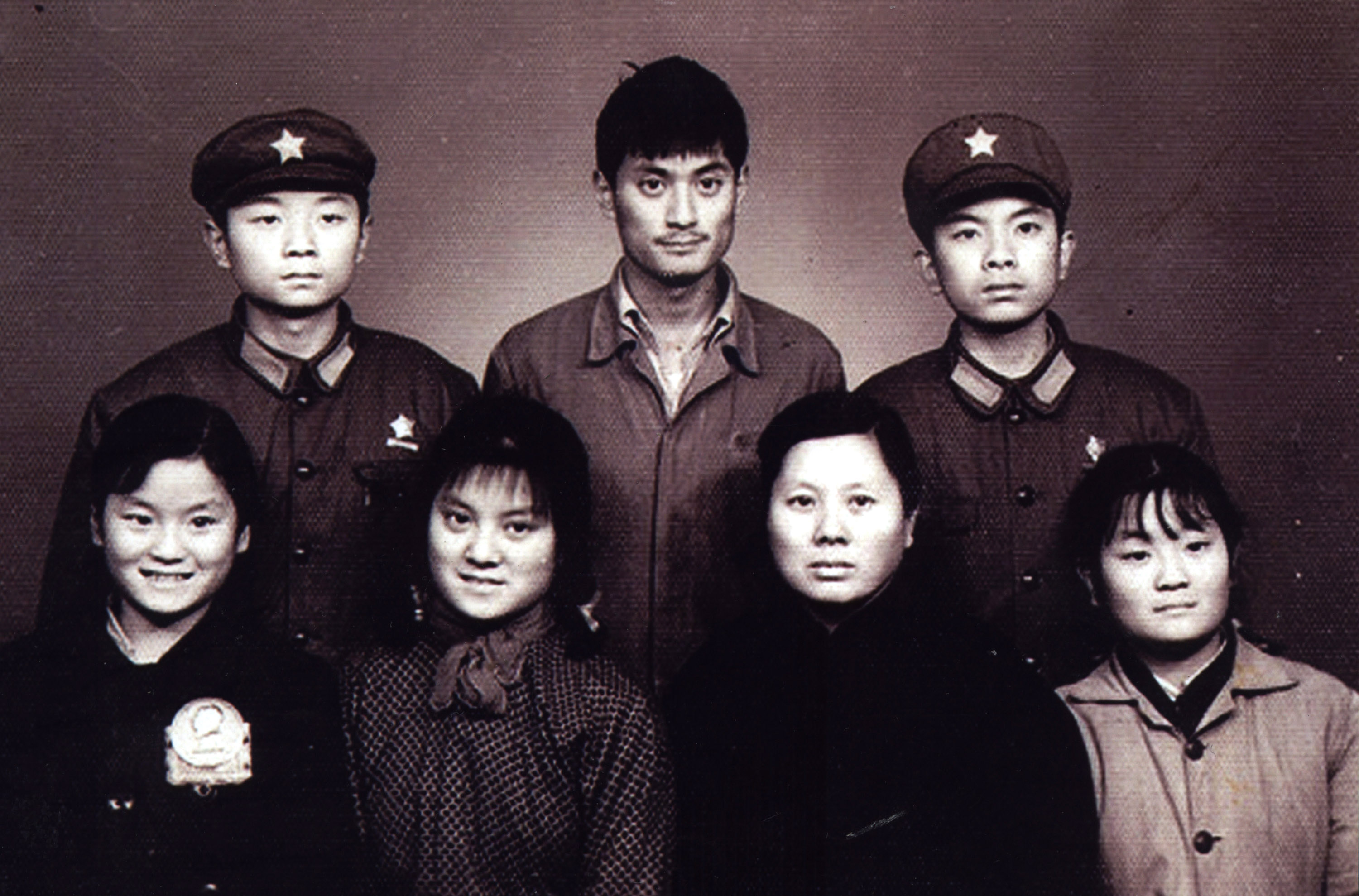Lily lives in rural England now, but was brought up in Tibet. Lily is Chinese, her father a Chinese army officer who led his men into Lhasa during the invasion of Tibet and was there for the subsequent Tibetan resistance and uprisings. She knows its hard for people to understand how somebody could do that – lead men on a hostile invasion of another country – and paints a picture of her father’s early life as a teenager in rural China, a peasant farmer living in poverty and famine. The Chinese army came to his village and offered him food and clothes and security. At the time he never questioned whether what he was doing for the army was right or wrong and remained loyal to the Communist Party until very recently. Lily thinks that in his heart, he knew that what he was ordered to do was wrong, but under the Communist Party, one learned never to tell the truth or ask questions: people were betrayed for questioning the party policies, even by members of their own families.
Lily went to school in Lhasa. She reminisces about her life there, and was able to observe the way Tibetans lived their lives and remembers, for example, watching people washing clothes, singing their songs – she says they had a song for every job. She remembers walking to school, a 40 minute walk, taking a short cut through gardens right behind the Potala and remembers huge weeping willows around a lake there and has vivid memories of this wonderfully peaceful place.
She was a self-confessed tomboy and a bit of a rebel, liking to be outside, climbing on roofs and blocking chimneys, saying “I had nothing better to do!”, and fighting with Tibetans kids, who they were scared of, as the Chinese kids regarded the Tibetans as rogues. After one fight she had to apologise to the Tibetan family, and was accused of working against national unity because of the trouble she caused with her fighting.
Lily says that the only books they were permitted to read were Communist Party literature and books about communist heroes, Mao Tse Dung, Lenin, Stalin and Karl Marx. To this day Lily can quote the writings of Mao! The first half hour of every school day was spent reading his works.
She remembers a lot of tension, seeing the fighting and the army control of the temples, and says she found what was going on around her confusing. Lily tells of attending the executions of nine “counter revolutionaries”. She said the soldiers went round after the execution, checking each body for any survivors and shooting any they found. She saw hoardes of people trying to get the clothes of the people who had been executed – she remembers this being the normal reaction to death – to acquire clothes.
She was shocked by what she saw and by the fact that people never seemed to ask “why?” but to just accept. The propaganda teams talked about how life was in Tibet before it was “liberated” by the Chinese, they said that the “slaves” had been forced to carry their masters everywhere on their backs. She tells of the Tibetans being forced to give up the barley which grows so well in Tibet and had always been a staple of their diet, and the failure of the wheat crops which they had to grow instead, and their having to eat dumplings which they did not know or like.
She left school and joined the army, eventually leaving to become self-employed.
In late April 1989 when the train of events leading up to the Tiananmen Square massacre started, Lily was in Beijing where she watched the mood change from excitement and approval to fear and then terror as events unfolded. At first, she thought it was simply another student demonstration for democracy and as events escalated they never thought the soldiers would fire on their own people. She saw it all first hand, and it led to her leaving China, eventually coming to live in safety in England.







 Print
Print Email
Email













